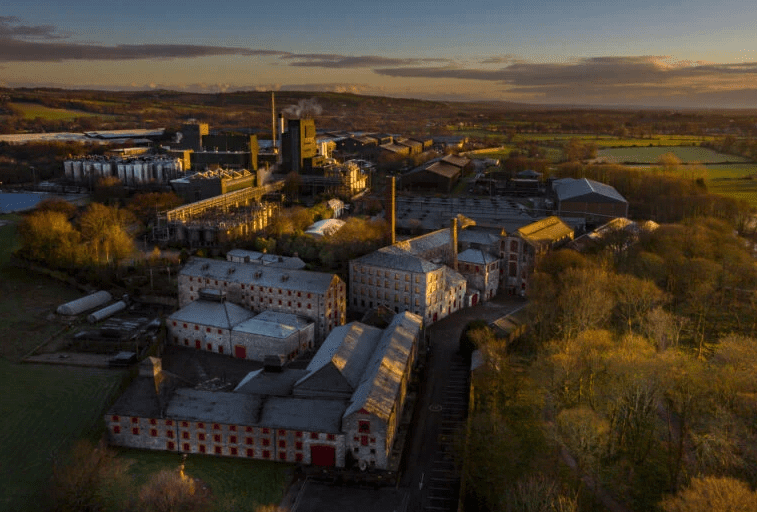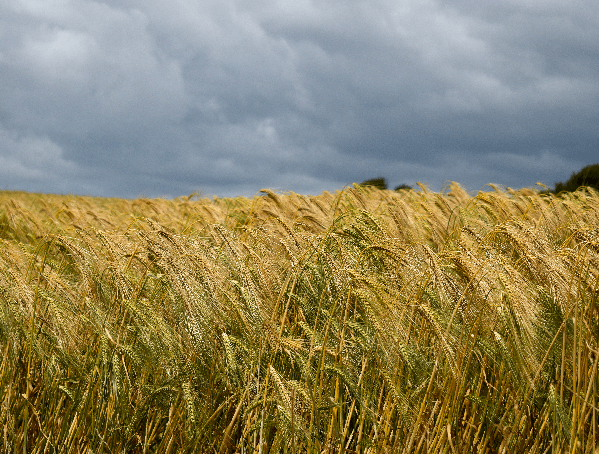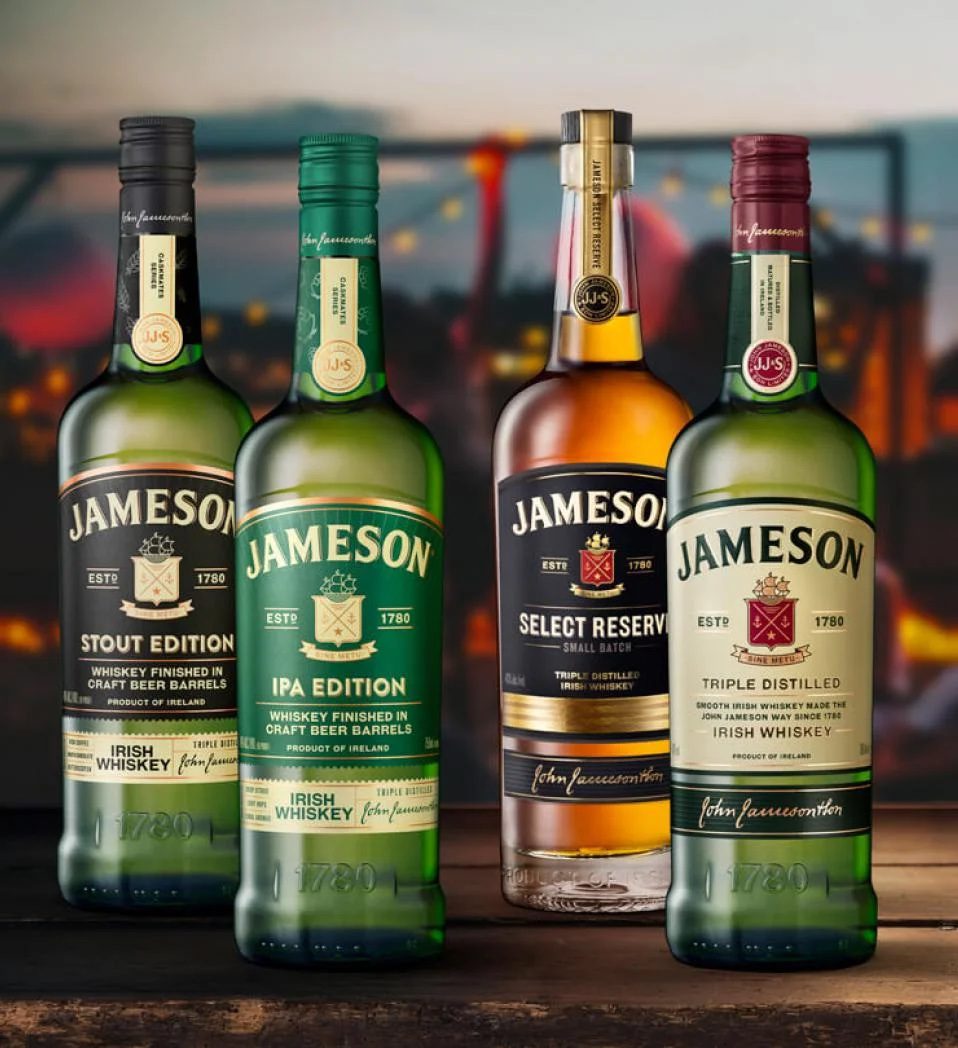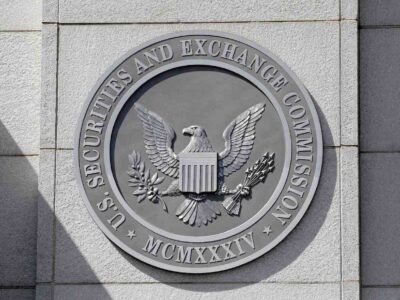Irish whiskey is on a redemption arc. The famous liquor brands have struggled to compete with an ever-changing alcohol consumer market for the last decade. Since 2019, the industry has begun to return to its once-promising levels of profitability. Much of that is due to the work of two companies, Irish Distillers and Pernod Ricard. They have brought Irish whiskey into the modern era with the mission of making their distilleries as sustainable as possible.
Pernod Ricard has put ample investment into Irish Distillers’ efforts to get major brands like Jameson and Redbreast on the track to sustainability. Irish Distillers invested close to $50 million to get the Midleton distillery in Cork, Ireland, to carbon neutrality by 2026. This effort will involve running operations on renewable energy, heat recycling, and vapor recompression technology to reuse heat for distilling.
Future endeavors will include switching distillery boilers to green hydrogen instead of natural gas. Transitioning to renewables for distillery energy is imperative to reach the goal of having all Irish Distillery brands reach carbon neutrality by 2050.
However, these are not the only sustainable steps the distilleries are taking.

Much of Pernod Ricard and Irish Distillers’ sustainability initiatives surround agricultural material and sourcing. In March 2020, the liquor conglomerate launched a sustainability program to source all barley for whiskey from Ireland. The distilleries plan to work with local farmers in the Irish Farmers Association. They will also support the long-term viability of Irish barley farming through the Sustainable Green Spring Barley Scheme.
“We are delighted that more than 200 growers signed up to our Green Spring Barley scheme in its first year, a program which financially incentivizes farmers to grow spring barley sustainably and deliver additional environmental benefits on their farms,” said Connor McQuaid, Irish Distillers CEO. The program will reward farmers for furthering environmentally-friendly agricultural practices, with assistance provided by Pernod Ricard and Irish Distillers, where applicable.

Pernod Ricard has navigated the sustainability efforts for Irish whiskey producers quite well. As the industry expands, sustainable production and distribution have become necessary. More recyclable packaging is being implemented, eliminating all single-use packaging in 2021, removing plastic from caps and labels, and reducing secondary packaging. The company plans to introduce all-recyclable, compostable, or reusable packaging by 2025.
In terms of water waste, Pernod Ricard has been reducing its water consumption by 23% since 2010. With some innovations, it believes it can curb it back another 20% by 2030.
Jameson Whiskey has even offered a tote bag made from 65% PET material sourced from 320,000 recycled plastic cups from the distillery.
The barrels needed for aging are one area that gets overlooked in the Irish whiskey industry. Hundreds of thousands of barrels are used yearly for new batches of whiskey, but sourcing them has become tricky. How do you reduce waste with brand-new barrels shipped every year? Irish Distillers found a solution: American bourbon barrels. All American bourbons must age in virgin oak caskets by law, but Irish whiskey does not. The company has sourced over 270,000 American barrels that can be reused up to three times for new whiskey batches.
The sustainability movement in Irish whiskey-making is helping more than just the environment. With a sharp increase in active Irish whiskey operations jumping from four to 38 over the last decade, more economic uplift for old industrial towns is occurring across the island nation. Jobs are being created, and distilleries have replaced businesses that left some of these small, provincial areas. Irish Distillers and Pernod Ricard continue to usher Irish whiskey into the modern age while keeping it sustainable and profitable.





